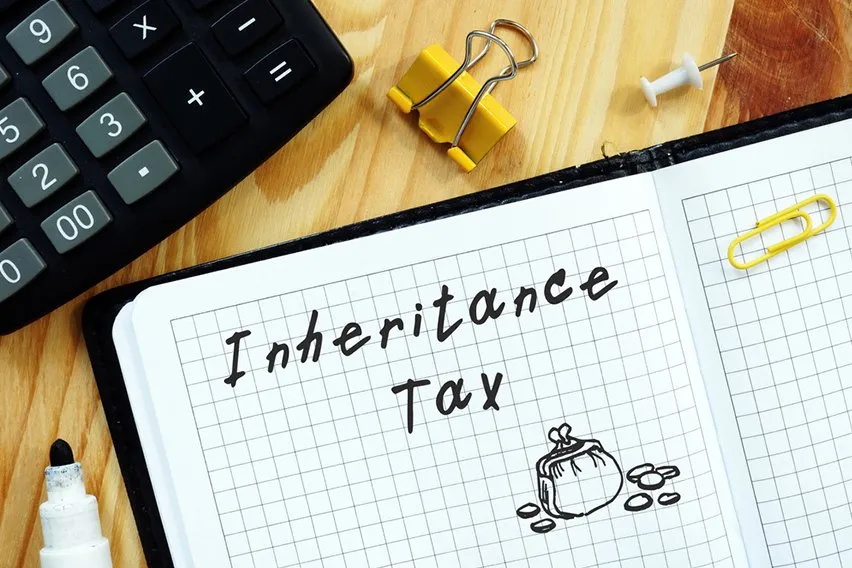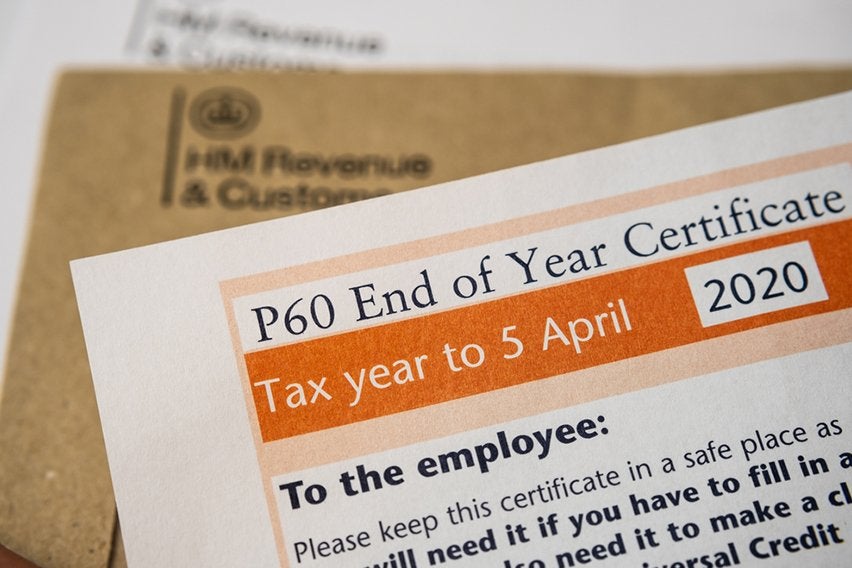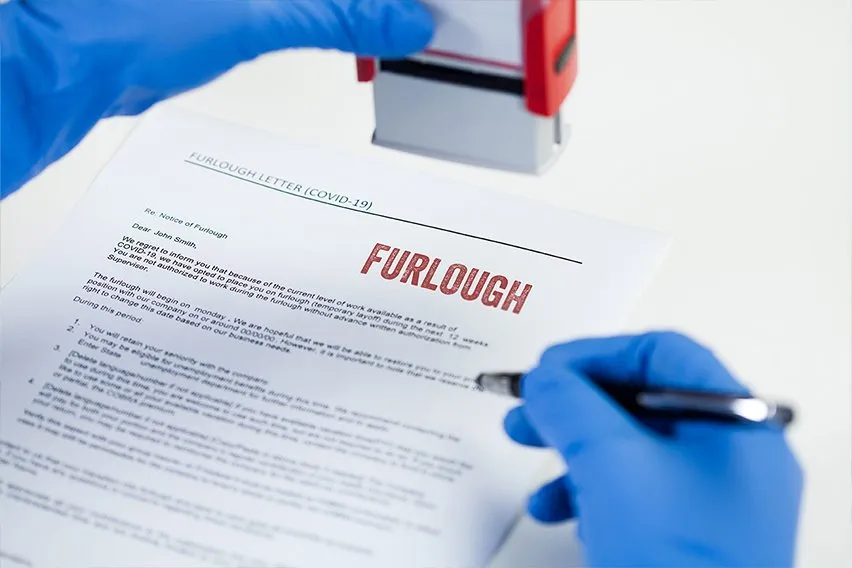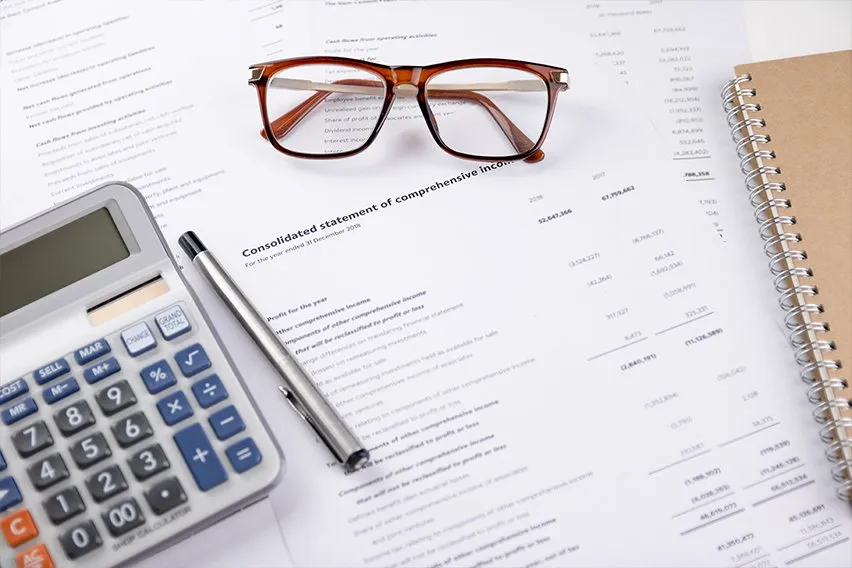What Is Inheritance Tax on the Estate? A Guide

Death is an inevitable part of life. While that may be a dark take, it’s unfortunately true. As such, understanding the financial aspect that happens afterwards is important. A large part of that is the Inheritance Tax. While inheritance taxes won’t affect you, it will affect the people that you pass your belongings onto. Learn all about the estate taxes related to Inheritance Tax here!
Here’s What We’ll Cover:
What Is the Inheritance Tax Rate?
What Is an Inheritance Tax?
An inheritance tax is an imposed tax related to the assets received from a deceased person. Some countries call it a death duty, while other people call it the “last twist of the taxman’s knife.” In the UK, it’s simply called Inheritance Tax, or IHT for short. Inheritance taxes are entirely related to the deceased person’s estate.

According to HM Revenue and Customs (HMRC) authority, Inheritance Tax applies to the following areas:
- Money: Any money left behind to an individual can be taxed under Inheritance Tax. This includes money received from life insurance proceeds.
- Property: Property applies to all tangible and intangible property. This includes personal property, real estate property, and intellectual properties. The most significant impact this has is on real estate property, typically.
- Possessions: This includes any items that are not considered property. Think of them as anything that can fill a house.
What Is the Inheritance Tax Rate?
The Inheritance Tax rates in the UK are flat. That being said, it’s important to remember that not all estates are taxable estates. In most circumstances, there are no inheritance taxes to be paid when the estate meets the following criteria:
- The value of the estate is under the threshold of £325,000.
- Any portion of the estate that exceeds £325,000 is left to your spouse, a charity, or an amateur community sports club. The term spouse refers to both married couples and partners in a civil union.
It’s important to remember that an estate consists of both real property or funds, as well as funds not yet in your possession. Life insurance proceeds that would be passed on after you’ve died have to be calculated into the value as well.
The rate for inheritance taxes in the UK is 40% at this point in time. This amount is only applied to the amount that exceeds the threshold of £325,000. It’s also important to know that even if the estate falls under the threshold, it has to be reported to HMRC via a tax form.
Passing on a Home
If you give your home to one of your children, then you can increase the threshold of your estate from £325,000 to £500,000. However, there are rules that have to be followed in order to do this.
- The home has to be given away within 7 years of death.
- If you continue to live in the house after the transfer of property, rent must be paid. The person who received the property must report it as rental income.
- A share of the bills must be paid.
- You have to live there for at least 7 years.
In the event that you give the property to new owners, you won’t have to pay rent if they live there as well. You also don’t have to pay rent if you only give away part of the property.
Giving Gifts
In some cases, gifts that you’ve given before death may have taxes, as well. Taxable gifts include any of the following:
- Money
- Household goods or personal goods (furniture, jewellery, antiques)
- A house, land, or buildings
- Stocks or shares listed on the London Stock Exchange

Gifts can also include anything that you sell for less than its actual worth. Any recipients of gifts can expect to pay estate taxes on gifts that were given within 7 years of your death.
Spouses or partners in a civil union will not have to pay taxes on any gifts received throughout their lifetime. As such, it’s a good idea to leave the majority, if not all, of your estate to them in your will. This prevents any Inheritance Tax from having to be collected.
Key Takeaways
Inheritance Tax isn’t something that most people think about. It’s a part of life that happens after death. Regardless, it is important to understand that when your estate reaches a certain size, taxes will have to be paid on it. Planning ahead can help you save your loved ones some financial heartache.
If you’re looking for more information regarding taxes in the UK, be sure to visit our resource hub! We’ve got plenty of helpful information for you!
RELATED ARTICLES

 How to Avoid Inheritance Tax: 10 Simple Ways
How to Avoid Inheritance Tax: 10 Simple Ways How Much Can You Earn Before Tax? Income Tax & Allowance Calculator
How Much Can You Earn Before Tax? Income Tax & Allowance Calculator What is a P60 Form and How Do You Get One?
What is a P60 Form and How Do You Get One? What Is Furlough Pay? A Complete Guide
What Is Furlough Pay? A Complete Guide How to Pay Corporation Tax?
How to Pay Corporation Tax? What Is Flat Rate VAT Scheme & How It Benefits Business
What Is Flat Rate VAT Scheme & How It Benefits Business